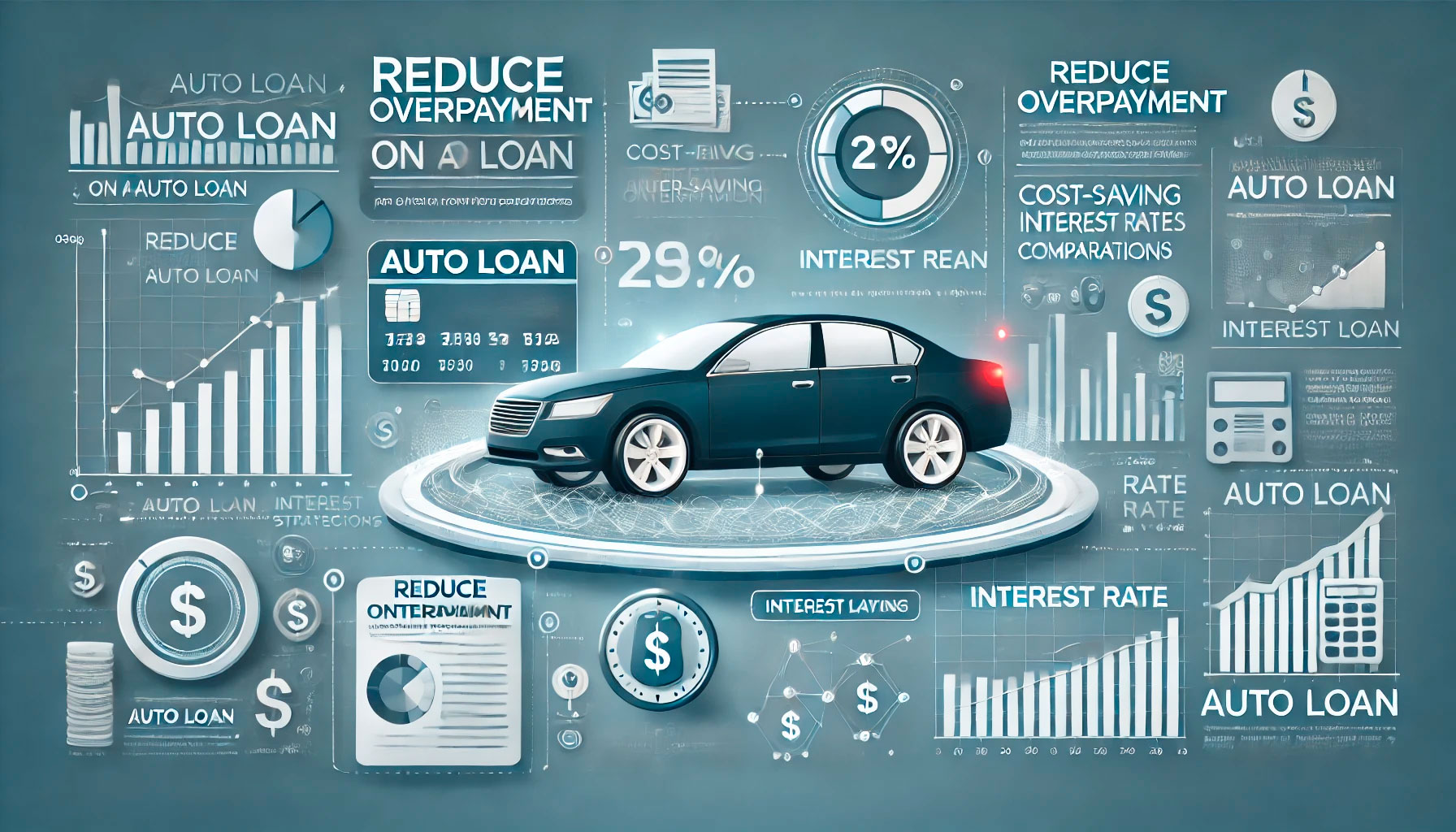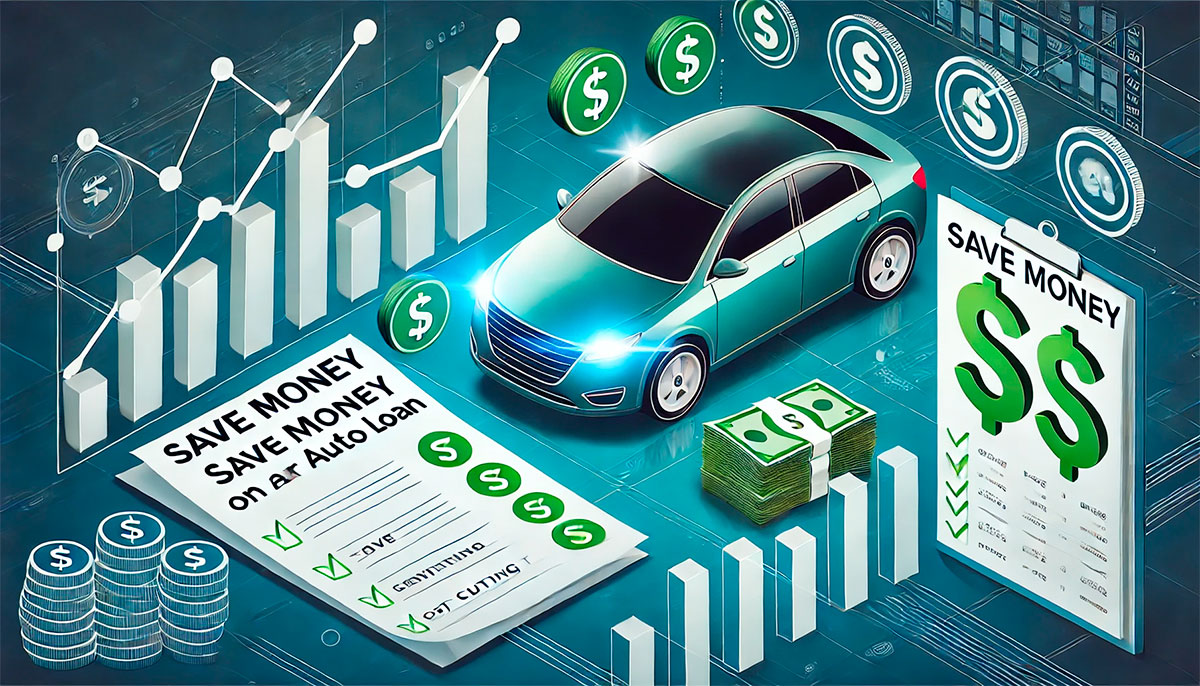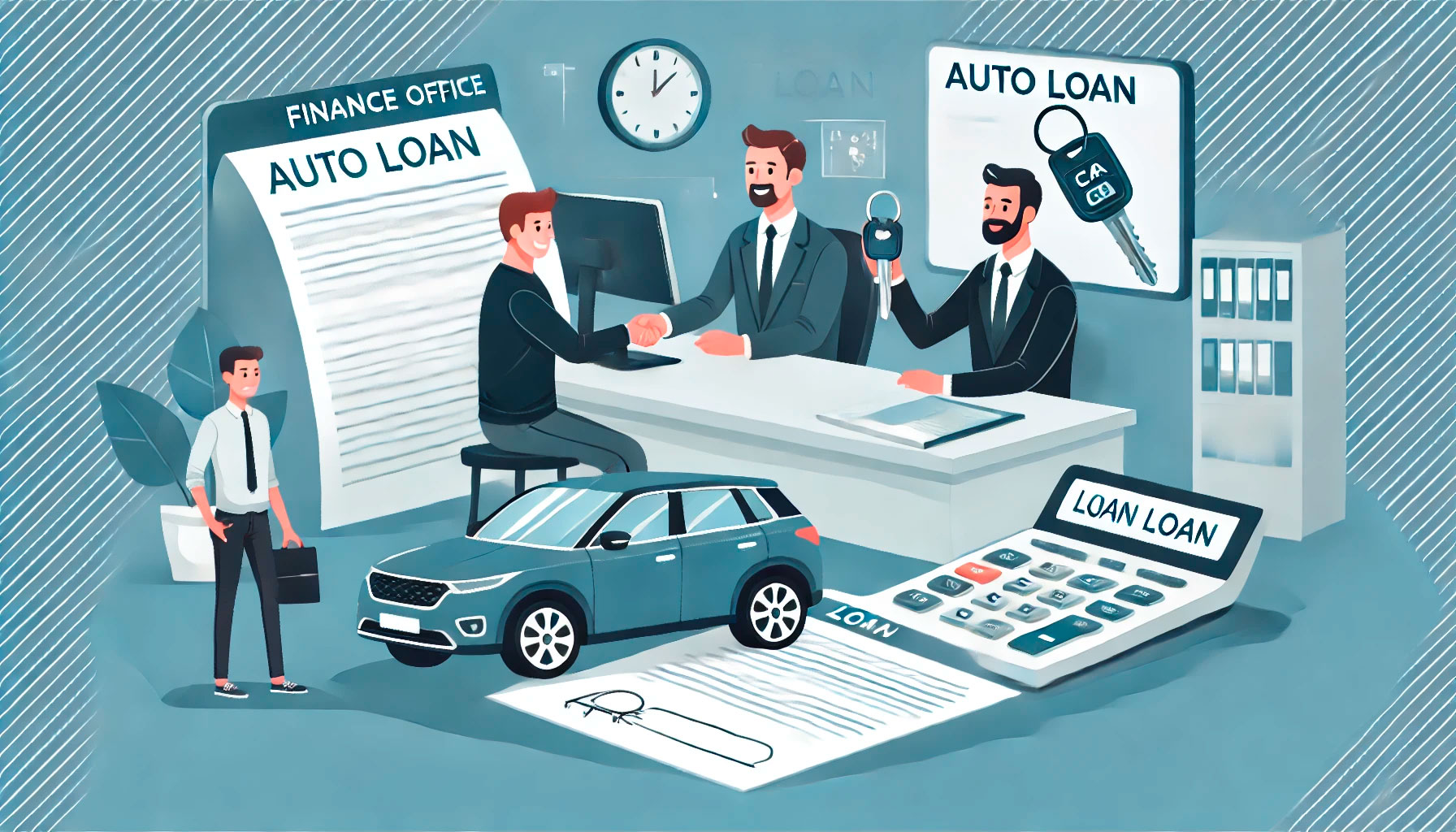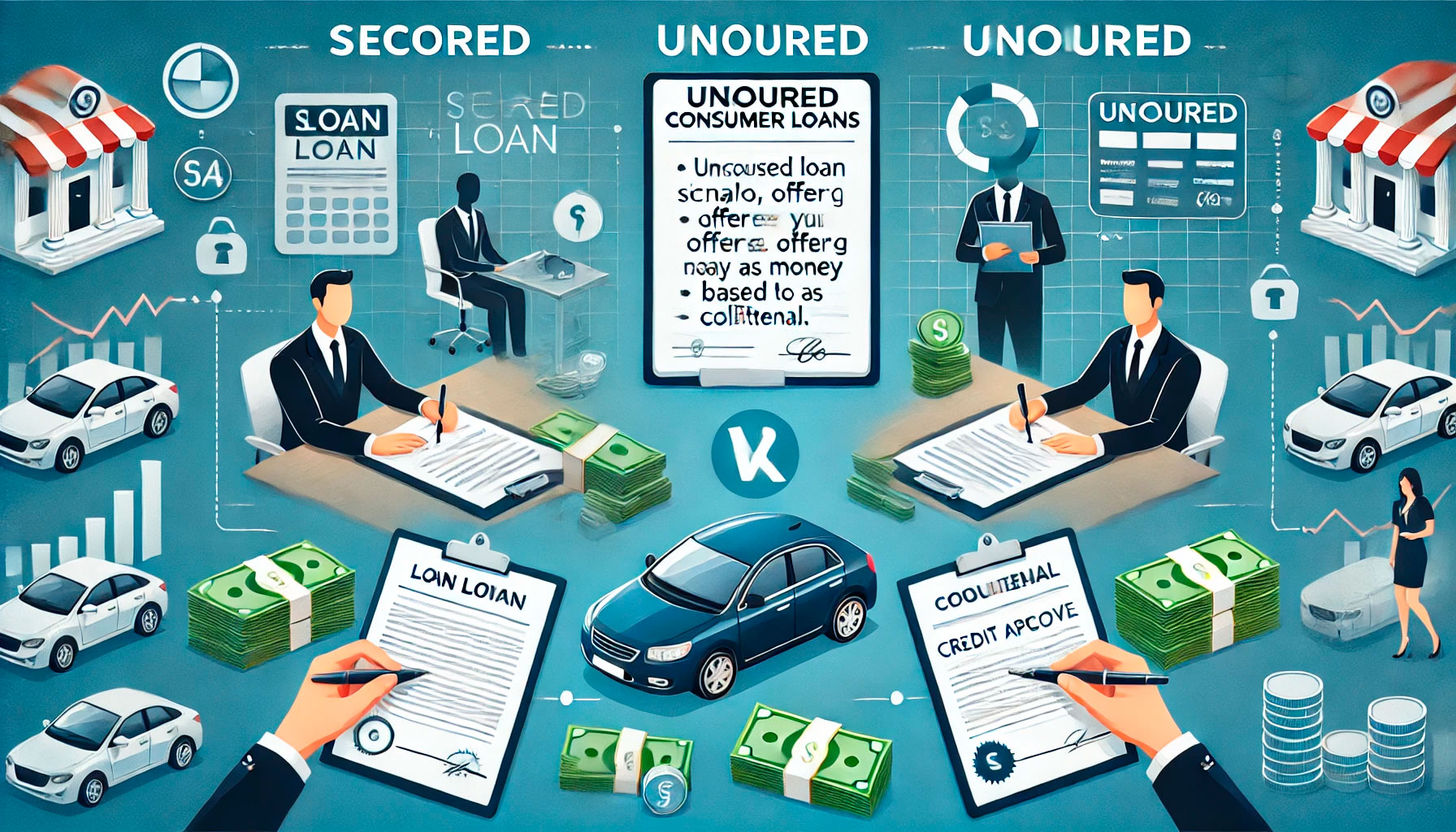
Buying a car is an exciting experience, but it often comes with a hefty price tag. For many people, an auto loan is necessary to make the purchase. However, as you navigate through loan options, it’s important to ensure you’re not overpaying in the long run. The amount you pay for your vehicle can quickly spiral due to high interest rates or unfavorable loan terms. Fortunately, there are ways to reduce overpayment on an auto loan, ensuring that you don’t end up paying more than you should for your car.
Whether you’re in the process of securing an auto loan or are already paying off one, understanding how to minimize the total amount you’ll pay is crucial. By strategically managing your loan, considering all available options, and being proactive, you can avoid some of the common pitfalls that lead to overpayment. In this article, we’ll discuss a few key strategies for reducing the cost of your auto loan, making your car purchase more affordable in the long term.
1. Shop Around for the Best Interest Rate
One of the easiest ways to reduce overpayment on an auto loan is by securing the lowest possible interest rate. Even a small difference in the interest rate can lead to significant savings over the life of the loan. Start by comparing rates from various lenders, including banks, credit unions, and online lenders. Many people automatically accept financing options from the dealership, but this might not always offer the best terms.
To improve your chances of getting a better rate, consider your credit score. Lenders often offer lower rates to borrowers with higher credit scores, so it’s worth checking your score before applying for a loan. If your credit score is less than stellar, you might want to explore options for improving it before securing a loan. Even if you have bad credit, some lenders may offer subprime auto loans, though these come with higher interest rates. You may also want to consider asking a family member or friend with a good credit score to co-sign the loan, as this can often lead to better terms.
2. Opt for a Shorter Loan Term
Auto loans typically come with loan terms ranging from 36 months to 72 months or more. While longer loan terms may appear more manageable due to lower monthly payments, they often result in more money paid over time due to interest. Choosing a shorter loan term, even if it means slightly higher monthly payments, can save you money in the long run. With a shorter loan, you’ll pay off the principal more quickly, and interest will accumulate at a slower rate.
Before you commit to a loan term, calculate the total amount you would pay over the entire loan. Compare the costs of a 36-month term versus a 60-month term. You may find that a smaller monthly payment isn’t worth the additional interest paid over several years. By sticking to a shorter term, you can minimize overpayment and get closer to full ownership of the car faster.
3. Make a Larger Down Payment
Another effective way to reduce overpayment is to make a larger down payment. When you put more money down upfront, you borrow less from the lender, which means you’ll pay less interest over the life of the loan. A larger down payment reduces the loan balance and can potentially lead to better loan terms, such as a lower interest rate or a shorter loan term.
If you don’t have enough savings for a large down payment, consider postponing your car purchase for a few months to save more money. Alternatively, trade in your old vehicle for credit towards the down payment. Every extra dollar you contribute to the down payment will help reduce your monthly payments and the overall interest you’ll pay.
4. Avoid Add-Ons and Extras
When purchasing a car, dealerships often try to upsell various add-ons, such as extended warranties, gap insurance, and protection plans. While these might seem appealing, they can significantly increase the cost of your loan. Financing these add-ons can cause you to overpay for your vehicle, as the interest on these extras is rolled into your loan payments.
Before agreeing to any add-ons, carefully evaluate whether they are necessary. If they are, consider paying for them upfront instead of financing them. This will help you avoid additional interest charges. Be aware that many of these add-ons are also available elsewhere for lower prices, so take the time to research and compare costs before making any decisions.

5. Refinance Your Auto Loan
If you’ve already secured an auto loan and are paying more than you should, refinancing is a potential solution. Refinancing allows you to replace your existing loan with a new one, often at a lower interest rate. This can be especially useful if your credit score has improved since you first took out the loan, or if interest rates have dropped since you originally signed your contract.
Refinancing can help lower your monthly payments, reduce your loan term, or both. However, be mindful of any fees associated with refinancing, as they could offset any savings. When considering refinancing, it’s essential to shop around and compare rates to ensure you’re getting the best deal. In some cases, refinancing can save you hundreds or even thousands of dollars over the life of the loan.
6. Make Extra Payments When Possible
If your loan allows it, making extra payments towards the principal balance is a great way to reduce overpayment on your auto loan. Even small extra payments can have a big impact on the total interest paid over time. By paying down the principal faster, you’ll reduce the amount of interest that accrues and shorten the loan term.
Some lenders allow you to make extra payments without penalty, while others may charge a fee for early repayment. Be sure to check your loan agreement for any prepayment penalties before making extra payments. If there are no penalties, consider making bi-weekly payments instead of monthly payments or adding small amounts to each monthly payment. Even rounding up your monthly payment can make a difference in the long term.
7. Stay on Top of Your Loan Payments
It’s important to stay consistent with your auto loan payments to avoid late fees or penalties. Late payments not only cost you extra money but can also hurt your credit score, making it harder to secure better financing options in the future. Missing payments can lead to a higher interest rate when refinancing or buying another car. Additionally, a poor credit score can result in higher rates and overpayment on future loans.
Set up automatic payments or reminders to ensure you never miss a due date. If you’re facing financial difficulties, contact your lender immediately to discuss alternative payment arrangements. Proactively addressing any issues can help prevent financial setbacks and minimize the long-term cost of your auto loan.
Conclusion
Reducing overpayment on an auto loan is all about being proactive and making smart financial choices. By shopping for the best interest rate, choosing a shorter loan term, putting more money down upfront, and avoiding unnecessary add-ons, you can save yourself from paying more than you should. Refinancing and making extra payments are also great ways to lower your loan balance and minimize interest costs.
Ultimately, understanding the terms of your loan and making informed decisions will help you avoid overpaying for your vehicle. With careful planning and strategic choices, you can ensure that your auto loan works for you, not against you, helping you save money in the long run.





